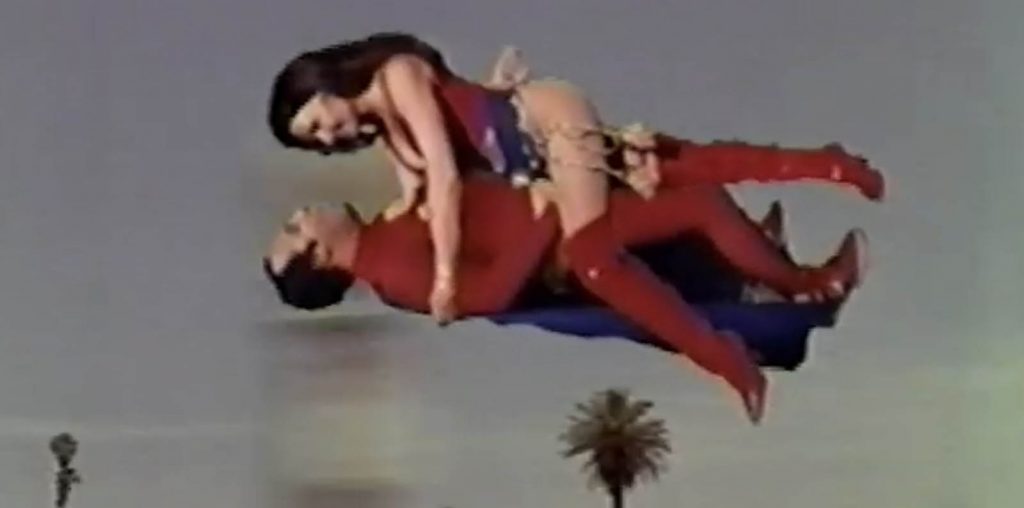
Sawyer (Chelsea Zhang) is quiet and meek. She awaits the aliens to pull her out of this strange land she cannot navigate. Theo (Rio Mangini) is just straight-up crazy, possibly sociopathic, despite being bright and inventive. He talks to himself frequently and spins out of control at the first hint of conflict. He might be on the autism spectrum or displaying any of a number of affective disorders.
Appearances figure heavily for many of the characters. Kai is desperate to escape the dysmorphia of his female body. His parents have refused to help him transition with hormone therapy or surgery. Aspen has a similar reaction when she regards herself in the mirror with horror, despite appearing perfect from any conventional standard of beauty, she sees something deeply flawed.
The staff of the treatment center is little more than plot devices, two-dimensional, except for archly evil Dr. Stratton (James Morrison) who runs the place, and serves as the Nurse Ratched of this Cuckoo’s Nest. The actor bears a disturbing resemblance to Michael Parks, who passed away in 2017.

“Justin Ward has crafted a beautiful, if derivative, tale of a particular right of passage…”
The heart, soul, and narrative engine of the film is Kai. DiChiara is a natural performer with an unassailable combination of talent, energy, and appearance. It’s Kai who floats the idea of going to Dreamland and exhorts his group to act. The simplistic plot leaves space to explore so much going on with the characters. Of course, during their adventure, they learn each has more in common with the others than they ever imagined, and in short order, they form an integrated unit that considers the rest of the world outsiders.
There’s a predictable bit of bait and switch that is likely a function of the film’s budget in the final act, but you’ll see it coming well ahead of time, and it does not derail the movie. One distracting flaw is the poor quality of the film’s sound. The dialog is sometimes muted and fuzzy, and the music tracks are too loud by comparison. This causes some of the rapid-fire lines to be lost, and that is a shame for a film that pivots on clever lines.
Calling out the similarities of Relish to The Breakfast Club is not a criticism. John Hughes was not the first filmmaker to explore the notion of people forced into a situation having to deal with it and each other. It would also be disingenuous, however, to suppose that this film owes nothing to Hughes. It clearly does.
Justin Ward has crafted a beautiful, if derivative, tale of a particular right of passage for those staring down the barrel of adulthood in 2019. Many vignettes shape the story. Alliances and betrayals, revelations, delights, and horrors surface as they go along, and at the film’s conclusion, our instigating incident is seen walking away triumphant, his fist in the air.
Dear Mr. Vernon…

"…a fresh take on the wild emotional highs and lows of teen angst..."


